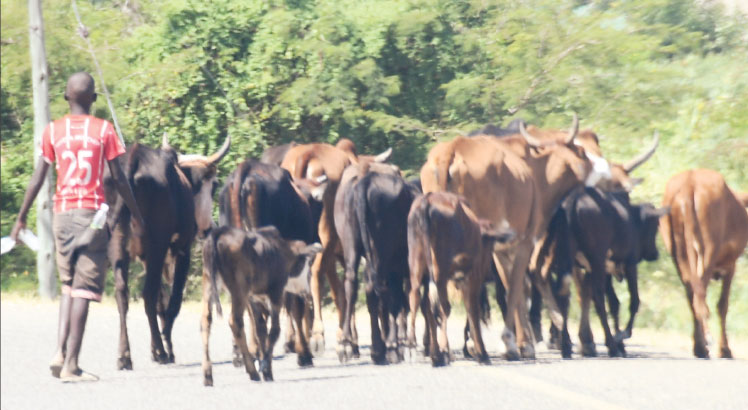More efforts needed to end child labour
With about a year to the 2025 deadline for eliminating child labour and all its worst forms, stakeholders in the labour sector have acknowledged the need for more efforts to reach the target.
This comes against the background of Malawi’s admission into the Alliance 8.7 Pathfinder countries which pledged to move faster than other countries in child labour elimination efforts, in line with sustainable development goal eight and target 8.7.
The goal calls for the immediate and effective measures to end child labour in all forms by 2025 as well as eradicating forced labour; ending modern slavery and human trafficking; and eliminating the worst forms of child labour, including recruitment and use of child soldiers.
Malawi has, therefore, developed the 8.7 roadmap to guide implementation of the pledges made to end these vices.
At the validation meeting of the Alliance 8.7 roadmap that has been developed, the Ministry of Labour, the International Labour Organisation (ILO) and others called for the need for speed and developing well-documented interventions to end the vices.

Among other things, Secretary for Labour Wezi Kayira noted that the implementation of ending child labour in agriculture; and strengthening the prevention and elimination of child labour, including its worst forms, forced labour, modern slavery and trafficking in persons, among others, is critical.
“Implementation of these priorities is very critical, bearing in mind that the SDG target date of 2025 to eliminate child labour including its worst forms is less than one and a half years away. In view of this, we need well-documented interventions and move at an accelerated pace,” he said.
But despite that, he said Malawi is making progress in eliminating child labour in all its forms.
Similarly, the ILO national projects coordinator Patrick Makondetsa urged the government to put much effort in ensuring that the targets are reached.
“Our goal is to see zero percent of child labour in the country by 2025. And we are already late in our efforts, with only about one and a half years remaining. So, the government has to put much effort to ensure that they reach the target,” he said.
Nonetheless, he said, looking at the roadmap that has been developed, Malawi is going in the right direction where child labour will be eliminated from the agriculture sector which include the tea sector, the coffee sector and the tobacco sector.
Asked where he is getting the confidence for meeting these targets, Makondetsa said: “more efforts are being put in place and as ILO, we are convinced that government is going to achieve this and make Malawi child labour free. We really have to work very hard, but looking at the commitment of the government, we are assured that this will be achieved.”
For her part, Employers Consultative Association of Malawi (Ecam) communications officer Ellen Ziwoya Phiri recognised that the task ahead requires a multi sectoral approach and working together as stakeholders.
She further pledged Ecam’s commitment to leading employers in the country to intensify the efforts to eliminate child labour and its worst forms.






One Comment